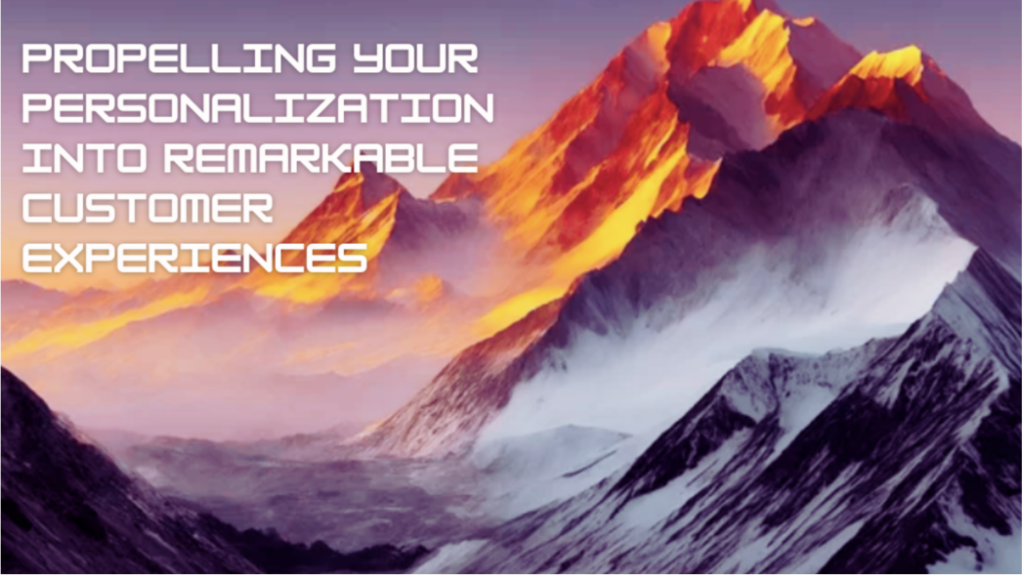
Today personalization has become a critical component of marketing strategies. Most firms I work with at Brooks Bell attempt to scale personalized experiences using marketing automation across email and social media, but this is rarely simple or straightforward. During a customer research study I conducted for one of our retail clients, we discovered that their communications came across as woefully insincere without personalization. Things like putting the customer’s name throughout the page or in every promotional email are not driving the value that customers expect and are an example of faux personalization. This type of personalization strategy slowly desensitizes the consumer to seeing their name and becomes increasingly ineffective. Automated personalization is not the answer to every personalization effort; it should propel you into manual personalization as you gain a deeper understanding of your customer’s needs, motivations, and anxieties. That deep understanding is how brands can create experiences that keep their customers coming back for more. When properly implemented, a personalization strategy can bring many benefits. Here are just a few:
Helps marketers understand customers
Through personalization, marketing teams can learn about clients’ present demands and potential future interests. Marketing teams need that connection to identify trends and acquire quick insights. Analyzing data collected from personalization efforts helps to inform new product development, evolve current offerings or decide when to discontinue a product.
Lets brands stand out
Think about brands like Amazon who tailor product recommendations based on your search and purchase record. Or those handy “frequently bought together” prompts, personalizing your homepage by ensuring the products you see reflect your likes, purchases, and real-time activities. This type of personalization helps speed up the sales process and contributes to a higher close rate by stopping you from flitting away to another, more personalized competitor.
Enables higher conversion rates
Delivering great content when your user wants and expects it helps create better growth and conversions. Sainsbury’s, one of the most well-liked supermarkets in Britain, introduced coupon-at-checkout technology to print targeted coupons on items people wished to purchase. The average customer purchase per item increased due to this highly personalized offer.
Creates higher brand loyalty
Few brands are better at engaging audiences and amplifying their core message than Nike. Their Nike loyalty scheme includes apps like Nikeid; Nike Run Club, and SNKRS, offering loyal customers gifts for birthdays and member anniversaries. Members of the program also have access to their own online Nike store, filled with merchandise Nike has selected for them based on their past purchases and engagement history. Nike’s strong brand loyalty results from the emotional bond it creates through personalization.
Builds trust
Data from their personalization strategy allowed Target’s marketing analyst to form a “pregnancy prediction” score, allowing them to determine which purchasing patterns indicated a customer was in the early expectant stages. This level of personalization is fascinating but also could admittedly backfire. Adding a personal touch fosters trust, and the best approach to gain the customer’s trust is through an ongoing continual relationship that companies must cultivate—showing them that you are aware of their needs without being intrusive. Brands must carefully consider the interests of their consumers to win their trust and grow a following of devoted customers who will keep coming back. Your personalization approach should always be straightforward and transparent; it makes everything run more smoothly.
Brands will only become more skilled at personalization, so if you want to compete, you should start thinking about it – and soon. I hope these five reasons to embrace personalization influence future campaigns and set about blazing a trail to create unforgettable experiences through the insights that you gain with personalization.
Categories













